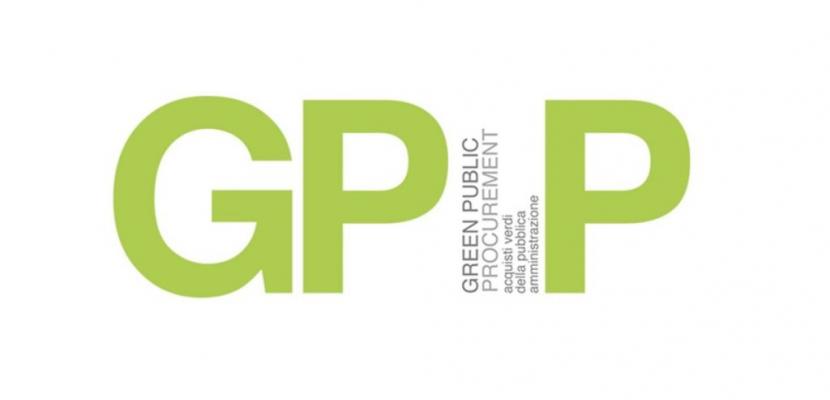Image

Mandatory Italian GPP Minimum Environmental Criteria for buildings
Published on 25 May 2021

Italy
This is the good practice's implementation level. It can be national, regional or local.
About this good practice
The most significant measure taken in Italy relating to resource efficiency in the building sector is the mandatory introduction of Green Public Procurement Minimum Environmental Criteria (MEC) for public buildings (D.M. 24/12/2015 and update with D.M. 11/10/2017) for all public construction contracts, both in new construction and renovation of existing buildings, pursuant to the new Procurement Code (D.lgs. 50/2016). These GPP Criteria include several important measures in a circular economy perspective: minimum and certified recycled content in all major construction materials and products; mandatory implementation of pre-demolition audits; mandatory compliance with the 70% recovery threshold for construction and demolition waste as required by the European Waste Directive; obligation to implement selective demolition processes as well as design for disassembly/deconstruction for 50% of all materials used. Though the implementation rate of GPP Minimum Environmental Criteria for public buildings is still quite low (around 18% in average of chief towns in 2020), this lever is extremely important for raising awareness among the producers and users of recycled materials in the building sector. In fact, the market is quickly increasing its offer of GPP compliant construction products.
At present, Italy is also developing GPP Minimum Environmental Criteria for roads construction and maintenance works, with the aim of expanding the market and fields of use for recycled aggregates
At present, Italy is also developing GPP Minimum Environmental Criteria for roads construction and maintenance works, with the aim of expanding the market and fields of use for recycled aggregates
Expert opinion
Making GGP criteria mandatory for the construction or renovation of public buildings is a very ambitious and bold step that can indeed trigger transformative and systemic changes in the whole construction sector. Not only it guarantees that resource and material efficiency of buildings grows thanks to the reuse of recycled CDW (or the use of bio-based construction materials), it also can lead to the creation of new green jobs, as stressed by the new Circular Economy Action Plan as well as the Renovation Wave Strategy. Therefore, to maximise the impact of this choice, competent public authorities in the Member States, including at the local and regional levels, which may be interested in replicating the inspiring good practice at hand should also, and in parallel, make plans for investing in the long-term training and up-skilling of workers along the interested value chains (i.e. engineers, construction site managers and workers, procurement officers, etc.).
Resources needed
The resources used to define the GPP Minimum Environmental Criteria for buildings were internal to the Ministry of Environment or stakeholders’ contributions. Therefore, there were no external costs. To get to the point of implementation, EU and national funds were used by means of various Projects.
Evidence of success
Although other Countries in the EU have developed GPP Criteria for the building and construction sector, Italy is the only Country to have made them mandatory, in a widespread and successful way, for all public administrations, for the entire amount based on the tender and regardless of whether it is public purchases above or below threshold. The level of implementation, since 2016, has been slowly rising and the market is quickly increasing its offer of GPP compliant construction products.
Potential for learning or transfer
Italy is the first Country in Europe to have made GPP Minimum Environmental Criteria for public buildings mandatory for 100% of public building contracts. This approach, which could be adopted in other European Countries, is significantly stimulating the market to improve the quality of products, increase the traceability of the recycled content, favour the diffusion of certifications and thus combat the distrust of recycled products. Italian GPP Minimum Environmental Criteria for buildings are challenging and not easy to be implemented, because they touch a wide range of performances of the building itself. This necessarily entails the increase of the costs of the interventions and requires specific skills in all involved stakeholders. In this sense, it is important to monitor and control the tenders and the process of carrying out the works, to ensure that the criteria are effectively implemented until the end of the works. Another major issue is represented by the need for training.
Further information
Website
Good practice owner
You can contact the good practice owner below for more detailed information.
Organisation
Italian Ministry of Ecological Transition

Italy
Lazio
Contact
Researcher